New Delhi / MP, Sept 26, 2025 — In a sharp rebuke to the Madhya Pradesh government, the Supreme Court chastised state authorities for delays and apparent reluctance in taking action in a high-profile custodial death case. The bench warned that bureaucratic inaction and shielding of accused police officers amounts to contempt and undermines public confidence in law enforcement. The Court demanded that the state file a detailed “compliance affidavit” explaining disciplinary steps taken, arrests made, and protection afforded to the eyewitness.
The case pertains to the death of Deva Pardhi (24) in police custody in Guna district in July 2024, following his arrest alongside his uncle Gangaram. The state police are accused of torture, and the Court had earlier—on May 15, 2025—transferred the investigation to the CBI. Despite those orders, two police officers remain at large. The Court was visibly disturbed that these officers continued to draw salaries, were not suspended promptly, and had not been arrested.
Factual Background
- On July 14–15, 2024, Deva Pardhi and his uncle Gangaram were detained by police in Myana (Guna district), reportedly in connection with a theft case. Soon after, Deva died; authorities claimed a cardiac arrest occurred during questioning. His mother, however, alleged custodial torture.
- The Supreme Court, dissatisfied with state investigations, on May 15, 2025 ordered that the case be handed to CBI and directed arrest of the responsible officers within one month. (turn0search2
- Despite the directions, two officers—Inspector Sanjit Singh Mawai and Assistant Sub-Inspector Uttam Singh Kushwaha—have not been arrested. They are declared proclaimed offenders.
- The MP government suspended them only recently (on September 24), drawing stern criticism from the Supreme Court.
- The Court also flagged that salaries were being paid to these officers despite their nonattendance from April onward.
What the Supreme Court Heard & Its Observations
Delay in suspension and non-attendance
The Court expressed astonishment that the two officers had not been suspended earlier, despite not having reported for duty for months. In the view of the bench, this represented tacit protection.
“You are colluding with the officials. If they have not attended office, why did you not suspend them earlier?” questioned Justice Nagarathna.
Continued salary payments
Despite the Supreme Court’s directive in May, the accused were paid salaries until very recently. The bench suggested this was tantamount to men in authority abetting the absconding officers.
“You pay salary till yesterday. They have not attended office since April. What is your duty as the state?” the bench asked.
Protection of eyewitness
Deva’s uncle, Gangaram Pardhi, is the sole eyewitness in the case and is currently in judicial custody. The Court warned that his security must be ensured, even as his health is said to have suffered an injury (collarbone fracture).
“We will not spare you if anything untoward happens to him. Not even a scar should be there,” the bench remarked.
Complaints of cover-up and delayed compliance
Multiple times, the bench rebuked the state and the CBI for citing helplessness, raids, surveillance, and searches without making concrete arrests. The Court said that pleading helplessness in the face of a Supreme Court direction cannot be accepted.
“You are protecting them. You were asked to arrest; you delayed. This is contempt,” the bench said.
Possible contempt notices & state accountability
The bench announced its intention to issue contempt notices to the Chief Secretary and Additional Chief Secretary of MP if credible explanations are not filed. The Court reserved final orders pending state compliance.
“We will call the Chief Secretary here to explain how this Court’s order was to be implemented,” the bench warned.
Legal & Institutional Implications
Rule of law and police accountability
Custodial deaths represent one of the gravest violations of state authority over an individual. The Court’s strong reaction reflects a reaffirmation that impunity will not be tolerated, and that police must be held accountable even in politically sensitive jurisdictions.
Mandated reforms & standardization
This case may compel the apex court or legislature to revisit norms on:
- CCTV coverage of lock-ups / interrogation rooms
- Mandatory medical examinations immediately after arrests
- Independent oversight / inspection of custodial cells
- Audit mechanisms for compliance with Supreme Court guidelines on custodial deaths
Rights groups often point out that despite judicial diktats, many state police forces remain non-compliant in regular audits. The Court’s observations may prompt issuance of fresh circulars or constitutional directions.
Precedential strength & deterrence
The Court’s strong words and possible contempt actions may serve as a deterrent signal across states. Police forces may be more cautious in handling detainees, knowing that delays or shielding can invite direct judicial condemnation.
Role of CBI, state & coordination in investigations
The split of investigative roles between state police and central agencies like the CBI raises coordination challenges. States cannot abdicate responsibility by citing CBI primacy; the state is responsible for following up on compliance with Court directives.
Burden on courts & timeliness
Courts often issue directions for suspension, arrest, investigation, and supervision. But follow-through requires active institutional will. Public faith depends not only on judgments but on visible prompt enforcement.
The Guna Custodial Death Case: A Deeper Look
- Timeline of events
• July 2024: Deva and Gangaram Pardhi detained by Myana police.
• Shortly thereafter: Deva is declared dead at hospital under contested circumstances.
• October 2024 onward: Protests, media coverage, demands for independent inquiry escalate.
• May 15, 2025: Supreme Court transfers the case to the CBI, directs arrests.
• September 2025: Court expresses shock over non-arrests, delayed suspension, continued salary payments. - Key actors
• Accused officers: Sanjit Singh Mawai, Uttam Singh Kushwaha (absconding)
• Eyewitness / victim’s uncle: Gangaram Pardhi
• State machinery: MP government, police department, administrative secretariat
• Investigating agency: CBI (now in charge)
• Judiciary: Supreme Court (bench of BV Nagarathna & R Mahadevan) - Contempt proceedings
The mother filed a contempt petition alleging non-compliance with the Supreme Court’s May orders. The Court is enforcing the petition stringently. - Public and political pressure
The Pardi / Pardhi tribal community has been vocal, staging protests, public demonstrations, and media interventions. The case has become emblematic of custodial cruelty in tribal areas. - Challenges in arrest & tracing
The accused have been declared proclaimed offenders; non-bailable warrants issued. The CBI claims to have conducted raids, surveillance, checked financial/social media trails, and instituted attachment of property. But tangible arrests have not been effected.
What Next — What the State Must Do
- File a complete compliance affidavit
Detailing every action taken — suspensions, arrests, attachments, raids, protection measures for witness, et cetera. - Execute arrest warrants with urgency
No further delay must be tolerated. The bench has already given stern warning to the CBI and state. - Suspend officers from service retrospectively
Suspend with effect from the date they stopped attending office (April) and recover salaries as appropriate. - Secure and protect the eyewitness
Provide witness protection, medical care and safe custody for Gangaram Pardhi. - Institute transparent oversight & audit
Share status reports, forensic results, video recordings, compliance mechanisms with the Court. - Ensure non-tampering of evidence
Lock up CCTV footage, lock rooms, preserve post-mortem, medical records. Any interference must be prevented. - Rework protocols to avoid recurrence
Amend state criminal procedure rules, mandate cell CCTV, regulate police conduct, strengthen accountability norms.
Challenges & Dilemmas
- Absconding suspects and jurisdictional reach
Arresting absconding officers is often difficult, especially if they have fled state or region. Cooperation among agencies is critical. - Institutional inertia & collusion risk
Police forces are often inclined to protect their own. Strong will from political leadership is required to break that culture. - Witness vulnerabilities
Witness (Gangaram) is vulnerable to coercion, intimidation, violence. Protection is time-sensitive. - Delay in forensic / medical investigation
Any delay in post-mortem, chemical tests, autopsy reports can degrade evidence, allow tampering, or doubts to creep in. - Judicial backlog & political implications
The Court can issue directions and notices, but ensuring live compliance across states consumes judicial time.
Broader Implications & Significance
- This case may set a precedent in how seriously courts view custodial accountability and will influence police behaviour nationwide.
- It underscores the fragility of rights for detainees in remote or tribal areas, and the necessity of systemic safeguards.
- The Court’s bold approach may yield judicial reform momentum—on prison oversight, custodial protocols, medical access, transparency in investigations.
- The political accountability of state machinery may also come into focus: whether governments act as independent enforcers or protectors of power.
Quotes & Reactions
- Hindustan Times: The Court “raps MP government for shielding cops in custodial death case”, warning that bureaucratic delays cannot be tolerated.
- Bar & Bench: The Court pulled up the state for continuing payments and inaction, warning that it looked “protective” rather than corrective.
- Indian Express: The bench questioned why suspension took place only recently, branding it a form of favouritism.
- India Today: The Court admonished both CBI and MP state for failure to take prompt action in custodial death case
#SupremeCourt #CustodialDeath #HumanRights #PoliceReform #MadhyaPradesh #RuleOfLaw #JudicialOversight #CBIProbe #ActionDelayed

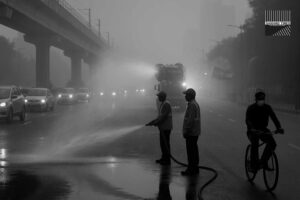


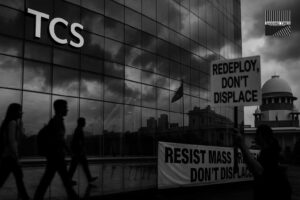


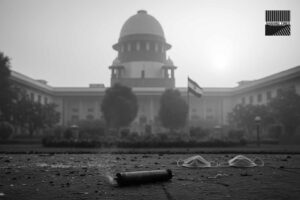



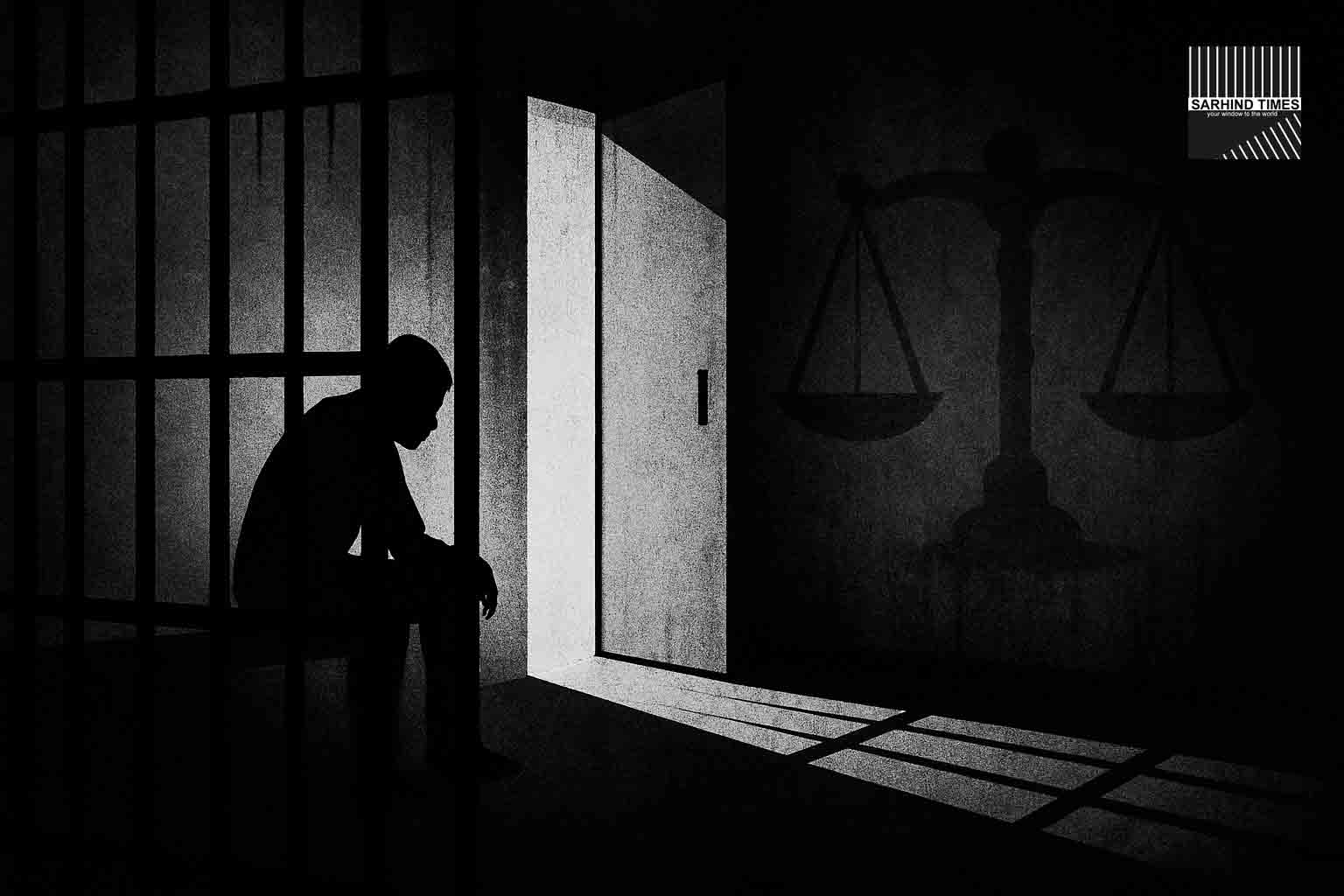
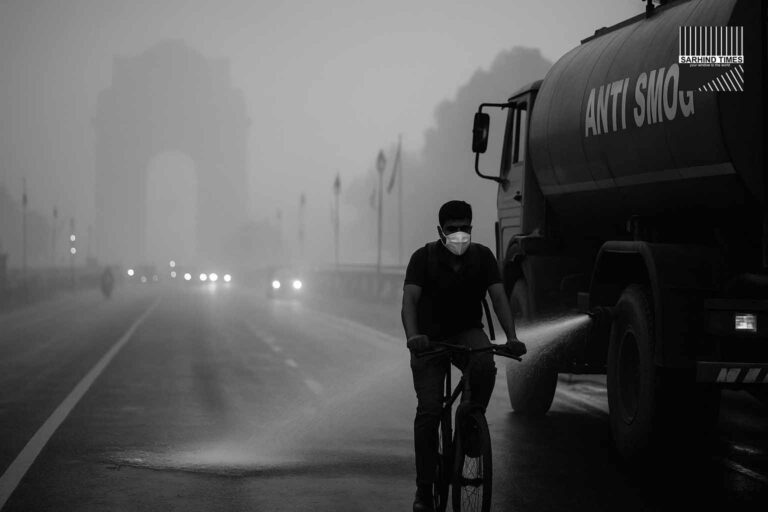
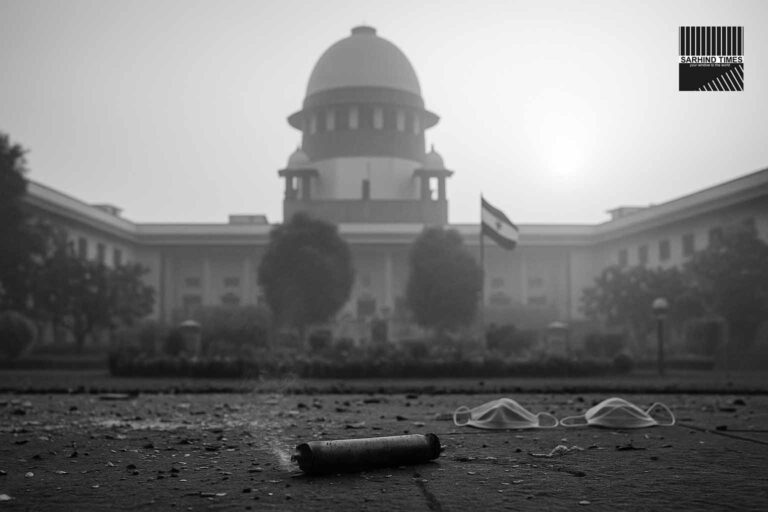
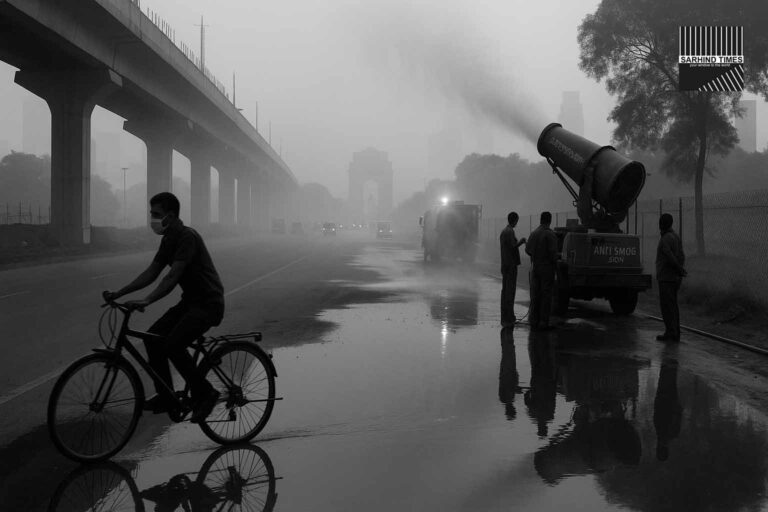
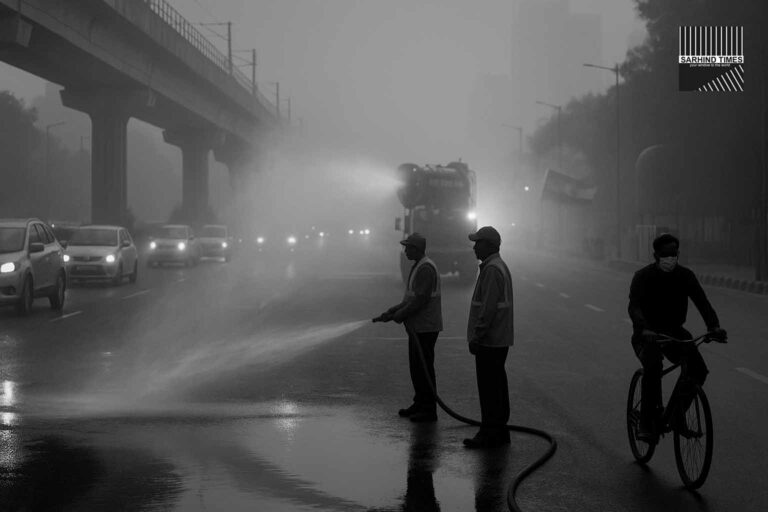




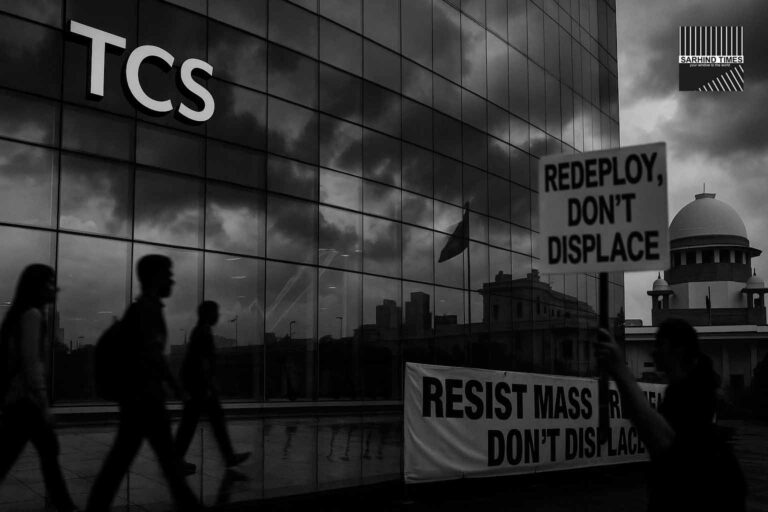
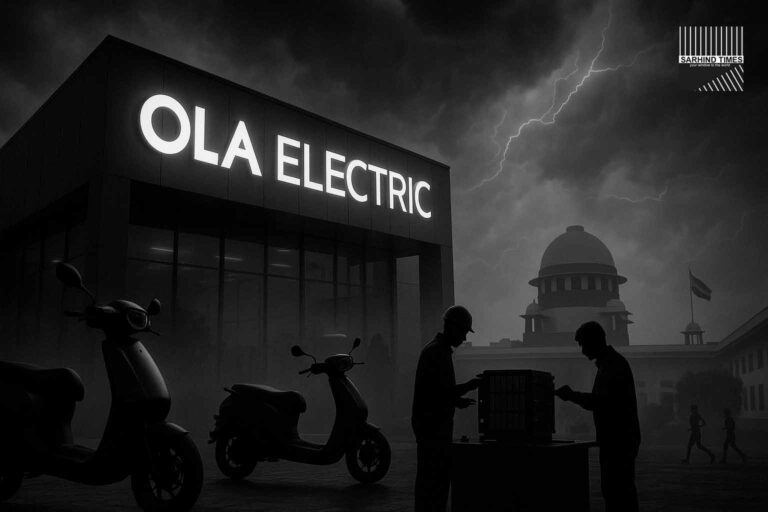
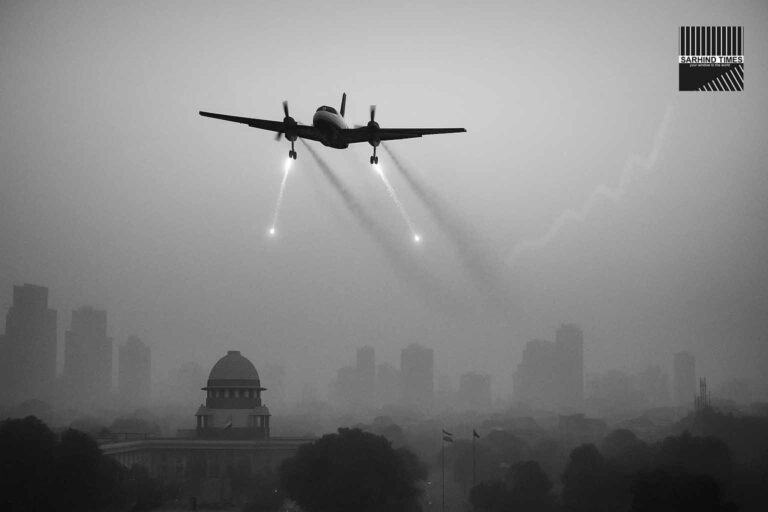
+ There are no comments
Add yours